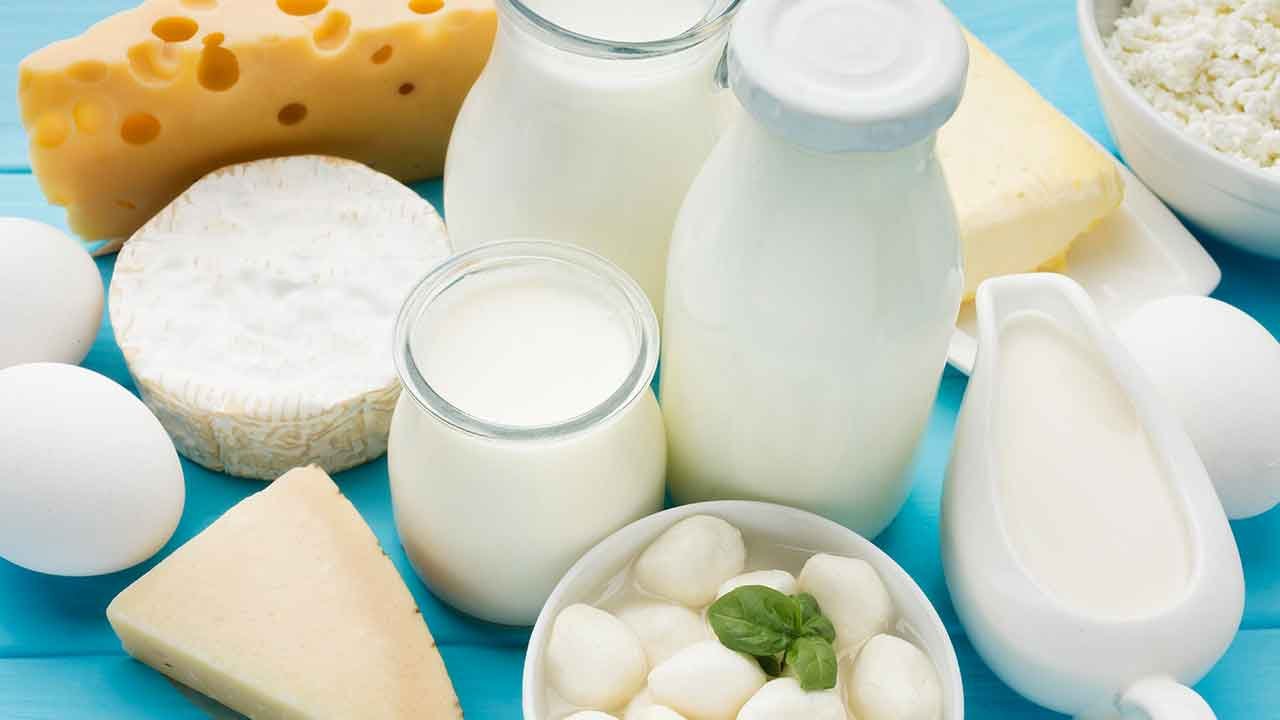Let’s immediately discard all preconceptions and patterns and be based only on facts and sound logic. In addition, the question of the use of milk is multifaceted. And I’ll explain why.
Fact one: back in 2010, the World Medical Alliance, led by Harvard Medical School, decided to exclude milk from the list of healthy foods. Like, “drink milk children, you will be healthy” is no longer relevant. And then the obscurantism began. In some sources, milk began to attribute deadly abilities.
Indeed, it does not appear in the list of useful products. But I have not heard that it was included in any official list of harmful products. However, there has been talking that it is high in saturated fat, cholesterol, hormones, and other things. So this “good” and in other products is full.
Anyway, as a set of useful things, it has lost its “plus.”
If it was previously believed that almost every vitamin, nutrient, and trace element in milk is helpful. Now no one will say this. And in fact, the ratio of “bad” and “good” is not the best.
Calcium in Milk
Calcium, which is one of the huge advantages of milk. It should be borne in mind that calcium is important in the mineralization of bones. In the Scandinavian countries, by the way (where milk consumption is quite high), the statistics on hip fractures are higher than in the southern countries. And according to research, the Scandinavians have about the same bone density as the inhabitants of Peru. And it has long been clear that there are many other factors that affect bone density:
- vitamin D
- K2
- magnesium
- phosphorus
- and other trace elements.
Therefore, for the bones to be strong, you need to consume a whole complex of “right” foods. And studies show that the amount of milk consumed does not directly affect bone density.
In general, 75% of cows that give milk are pregnant. It means that together with milk, we get a huge amount of prolactin, progesterone, estradiol, and many other hormones. It is not even talking about what else they do to the cows.
I will not go into the details of the harm of the number of hormones we get with it. The list can be made with the volume of “War and peace.” I think it’s already clear to you that this is not good enough.
Benefits of Milk’s Food
But there are also advantages to dairy products. First of all, it is protein. High-quality protein with excellent amino acid composition. Well, many vitamins and trace elements.
By the way, during the fermentation of products, some peptide hormones are decomposing. Therefore, foods such as cheese or cottage cheese are less harmful in terms of hormones. And let’s not forget about the benefits of those bacteria that produce fermentation. Therefore, if you weigh all the “pros and cons,” for example, high-quality yogurt or cottage cheese, then the” pros,” I believe, are more. A high-quality source of protein, beneficial bacteria, the absence of lactose (which is poorly absorbed by many), the same calcium and other vitamins, and trace elements. In addition, one of the “horror stories” that is attributed to it is saturated fat.
At the same time, beef fat is considered almost the most harmful. Some studies show that there is nothing harmful in it if you consume it in moderation. But, anyway, you can take low-fat cottage cheese (if you are worried).
That is, as we can see, the benefit ratio of fermented milk products is significantly higher than the benefit of ordinary milk (by the coefficient, I mean the ratio of harm to benefit). Therefore, I think that sour milk is possible. For milk-see for yourself. Personally, I drink. I add it to my coffee. I also like cheese.
Whey Proteins
You can also consume pure milk protein in the form of a concentrate (casein) or whey protein. These are just the same “proteins” that we often talk about. The milk is “pulled out” of the most valuable nutrient-protein, and a concentrate is created. By the way, if you see the word “whey” on the package, it means that the protein is whey. When cheese is produced, the” output ” is two fractions: casein (milk protein, from which the cheese will be made) and whey, from which the “whey” will be made. Thus, the most popular whey protein is made from fermented milk. And in fact, such a concentrate will be “cleaner” and more useful than ordinary milk since many hormones and “harms” are no longer present in it, unlike ordinary milk.
To sum up, we can say something like this: milk protein itself is useful. Milk, as a product, is in doubt. Fermented milk and protein concentrate from fermented protein (casein and whey protein) is more useful than harmful. There is a plus in the set of vitamins, trace elements, and beneficial bacteria, and in concentrates – in a high concentration of protein and “simplicity” of reception in fermented it. Easily compensate for the missing protein.
